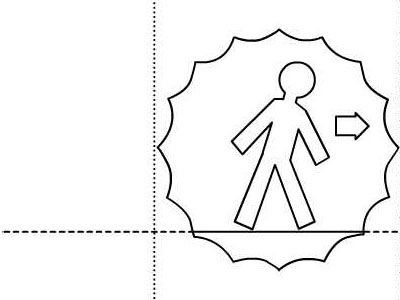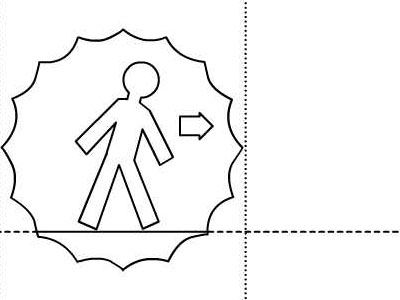Memory and Prediction
Can we agree that fundamental components of Experience must include a relationship to time?

Previous Post: Perception and Cognitive Models
In the previous post, Perception and Cognitive Models were introduced and discussed as concepts that provide some foundation for describing Experience, however they to not inherently address the important relationship to time. This post asserts that Memory and Prediction are two more fundamental components of Experience, which add a dimension to our evolving diagram in relation to Perception. Everyone should feel encouraged to join the discussion and comment on or debate the assertions presented. All relevant comments are welcome and appreciated.

Memory
Memory stores Experience
The process of interpreting sensations and arriving at Perception uses a Cognitive Model of the world that already exists; one that was manipulated in the past and is retained for future use as Memory. The ability to store Experience represents a foundation for relative evaluations of comparison and contrast. Memory holds relevant preconceptions, which in turn support a variety of operations within the system of Experience; one learns over time, one changes one’s mind, one can have an expectation validated or discredited, one recalls. A common example would be the act of telling a story, which heavily relies on Memory, both for the audience to follow the story and the storyteller to tell it. When new concepts are presented, we rely on Memory to retain them for reference so we can then build upon them.

Prediction
Experience informs Prediction
The critical function that our Cognitive Models serve is to use previous Perceptions stored in Memory to make Predictions of future events, states and conditions of the world. Without this ability, our minds would be simply reactive and unable to plan, innovate or to arrive at comprehensive expectations based on similar Cognitive Model constructs and limited Perceptions. Our Cognitive Model of the world and its interconnectivity between similar concepts allows us to solve problems, to see relationships and correlations, to identify new potential threats or problems and to expect distinct outcomes from a standpoint of uncertainty. Prediction is what allows us to shortcut interactions and make routine tasks graceful. Narrative designers know audience Prediction is a primary focus. It is the main element that must be carefully guided through presentation to bring the audience to specific expectations, which will then typically be broken to serve as a twist, or it will be satisfied somewhat as predicted, usually to serve as the indicator that a milestone or resolution has been reached.
Next Post: An Experience Model
About the Author(s)
You May Also Like







.jpeg?width=700&auto=webp&quality=80&disable=upscale)








